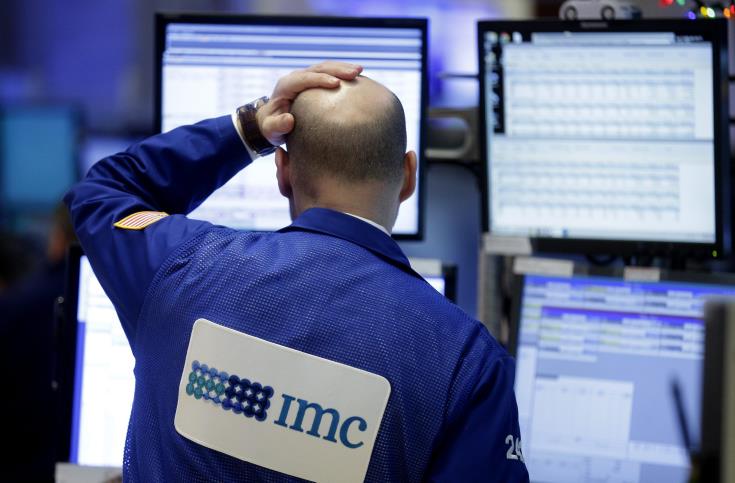By Yiannis Seitanidis
After tourism, which is clearly experiencing negative effects as a result of the imposition of sanctions against Russia, the services sector is beginning to feel the impact of the war. It is well known that the services industry relies to a significant extent on work originating in Russia, and Ukraine is also an important market.
S&P in its recent review of Cyprus (maintaining an unchanged positive outlook on Cyprus despite the crisis in Ukraine) said that Russia (including dual citizens) is a key market for business services, which account for 11 per cent of Cyprus’ GDP and a large part of total exports. The rating agency expects that the sanctions targeting systemic Russian banks will also negatively affect Russian business activity in Cyprus, at least until 2022.
The imposition of sanctions by the EU and corresponding sanctions by Russia on EU countries makes it difficult to do business. Although the sanctions do not affect the entire Russian economy and companies and individuals not on the sanctions list can do business abroad, in fact, the situation is more difficult.
For example, due to a Russian government decision, it is impossible to send abroad an amount in foreign currency exceeding EUR 10,000. Larger amounts must be sent in rubles. The EU, on the other hand, has imposed a cap of EUR 100,000 on new deposits from Russia. In this environment, banks have also become stricter, making it even more difficult to conduct business.
The pressure is being felt directly at this stage by providers of administrative services, which in many cases are law firms, accountants and audit firms. A number of offices have a purely Russian clientele and have already been left without any business.
In addition to the lack of work, there is a problem with the repayment of debts and the completion of ongoing work and projects. As we have already mentioned, large amounts cannot be sent in foreign currency and the ruble is currently practically a worthless currency in the EU.
“The size of the problem will become apparent in the next period and will depend on the duration of the crisis,” a service market executive told.
Readiness to deal with the consequences of the war in Ukraine on the real economy was recorded at the meeting of the Advisory Economic Committee, which was chaired by the Minister of Finance and attended by the Minister of Energy, Trade and Industry, the Director General of the Ministry of Labour, the Governor of the Central Bank and the social partners Sek, Peo, Oeb, Keve Pasydy and Deok.
The meeting included a general discussion on the problems arising from the imposition of sanctions on tourism and the impact of the intensification of inflationary pressures due to the continued rise in energy prices.
With regard to the banking sector, it was stressed that there are no immediate implications, while the situation of the banks is clearly improved and they are able to manage the impact on the wider economy.
According to a statement, there was a comprehensive briefing by the government on the economic data as it emerges as a consequence of the sanctions against Russia due to the invasion of Ukraine.
Economic policy issues were discussed, as well as a number of proposals put forward by the social partners. It was agreed that written proposals would be submitted by the participants and that the social dialogue would continue.
“Despite the new and great challenges and the high degree of uncertainty arising from the rapid geopolitical developments, the Government assures that, in a spirit of consensus and solidarity, we will successfully deal with this crisis, as we have done with the pandemic crisis,” the communication said.






Click here to change your cookie preferences